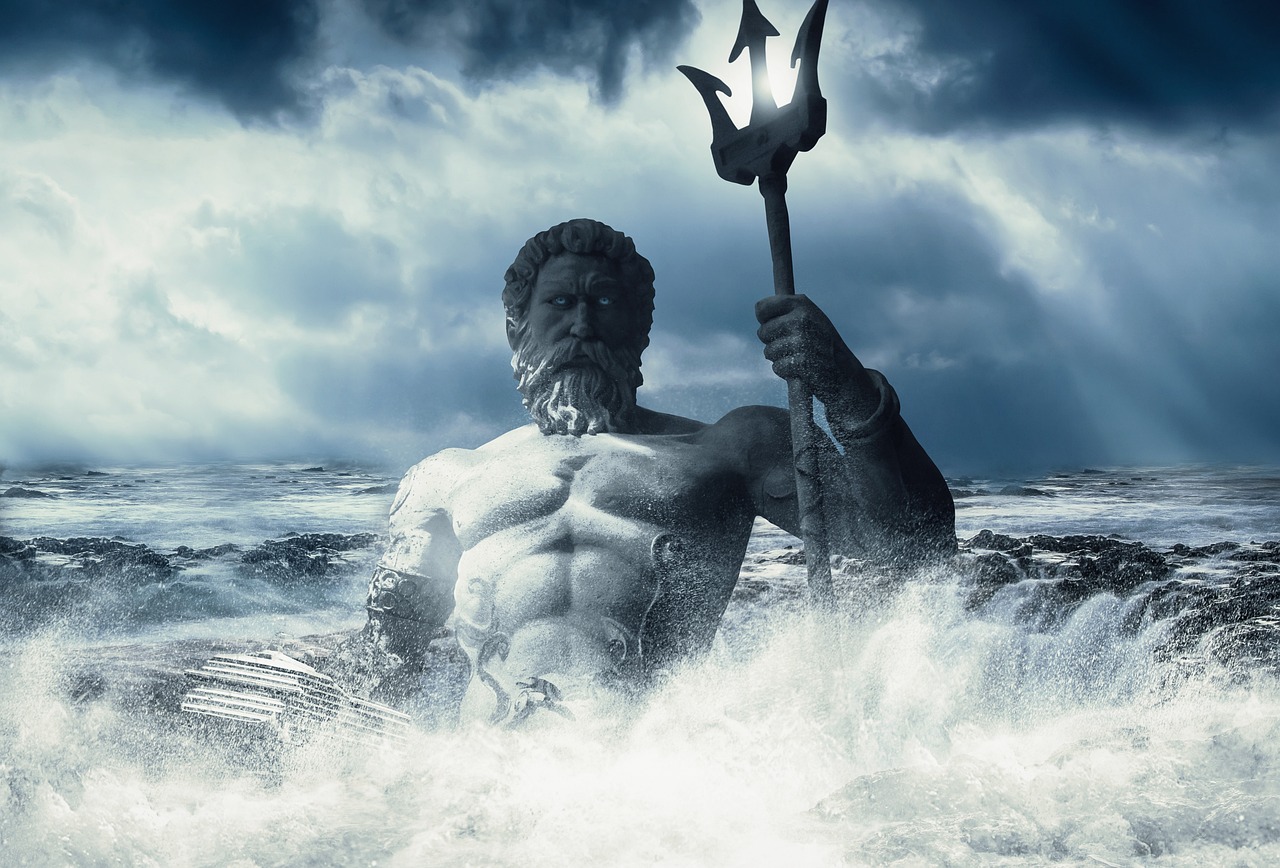Greek mythology encompasses a rich tapestry of narratives that delve into the lives of gods, heroes, and ancient rituals, drawing from the cultural heritage of Classical antiquity. Recognized for its blend of fact and fiction, this body of stories has been historically significant, with figures like Plato acknowledging its imaginative elements. While mythology across different cultures aims to explain natural events, recount heroic deeds, or justify social structures, Greek myths stand out in Western civilization, shaping artistic and literary traditions for centuries. Artists and poets continue to draw from these ancient themes, demonstrating their lasting relevance.
Fundamental Sources of Myths
Key literary works form the foundation of Greek mythology, particularly the epic poems attributed to Homer: The Iliad and The Odyssey. The ancient historian Herodotus noted that Homer and the poet Hesiod played pivotal roles in shaping the characteristics of the Olympian deities. In the narrative of The Iliad, references to divine figures like Apollo illustrate an expected familiarity with previous myths among ancient Greeks, indicative of a shared cultural knowledge. Interestingly, Greek legends were not merely seen as entertainment; many revered thinkers, including Pindar and followers of Stoicism, regarded these stories with a solemnity that warranted their reinterpretation.
Hesiod’s contributions, particularly Theogony and Works and Days, further enrich the mythic tradition. Theogony, composed around 700 BCE, elaborates on the origins of the gods, presenting detailed genealogies alongside folktales and etiological narratives. On the other hand, Works and Days addresses themes of justice within the context of a farmer’s life, offering guidance on navigating an uncertain world. Both poems can be perceived as interconnected, with Theogony establishing the divine order and Works and Days imparting practical wisdom on just living.
Other Literary Works and Interpretations
Beyond Homer and Hesiod, other literary pieces add to the mythological landscape. Various post-Homeric epics fill in gaps about the Trojan War, while the Homeric Hymns, shorter poems, provide religious narratives. The notable lyric poet Pindar enriches the mythic tradition, with his odes reflecting a deep understanding of heroism and legacy. Moreover, the works of the three revered tragedians—Aeschylus, Sophocles, and Euripides—showcase a rich diversity of mythological themes and storytelling styles rooted in the 5th century BCE.
Hellenistic Influence and Archaeological Contributions
During the Hellenistic period, figures like Callimachus and Euhemerus contributed to the exploration of lesser-known myths, with Euhemerus proposing that gods were initially human and thereby introducing a perspective known as Euhemerism. Additionally, Apollonius of Rhodes preserved the renowned story of the Argonauts, emphasizing its enduring appeal.
Throughout the Roman Empire, scholars such as Strabo and pseudo-Apollodorus compiled valuable mythological materials and documentation that have shaped modern understandings of Greek myths. Archaeological findings, notably those from the Mycenaean and Minoan civilizations, have further enriched this field of study. Researchers like Heinrich Schliemann and Sir Arthur Evans made significant discoveries that illuminated the cultural practices of these ancient societies, thereby offering context to the myths that emerged from their worlds.
The evidence drawn from archaeological sites showcases geometric designs depicting mythological narratives, though the lack of inscriptive accompaniment poses challenges for interpreting these visuals. Despite these hurdles, the myths of ancient Greece continue to resonate, influencing artistic representations and scholarly interpretations throughout history.
Conclusion
In summary, Greek mythology has evolved as a dynamic and formative component of Western civilization, influencing culture, literature, and the arts. Through literary sources, archaeological findings, and ongoing reinterpretations, the myths remain a rich field for exploration and understanding, illustrating their enduring significance.



